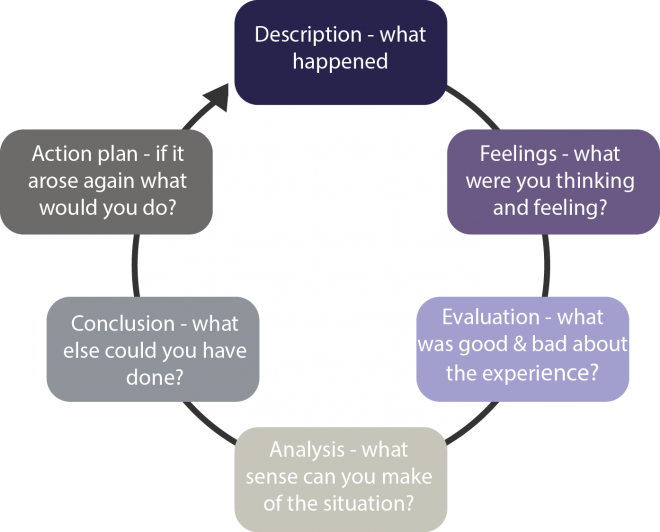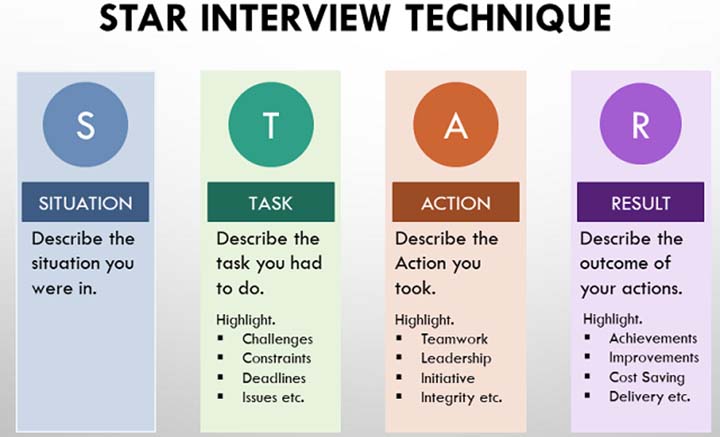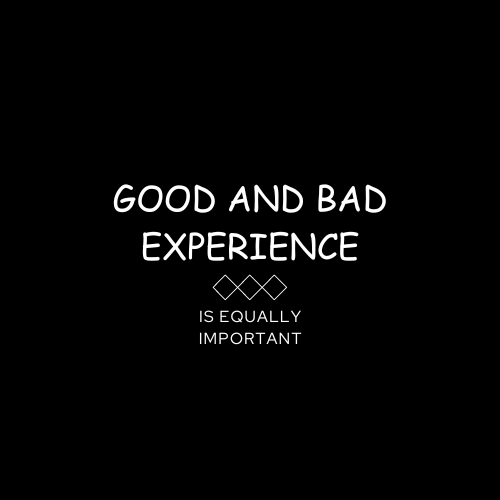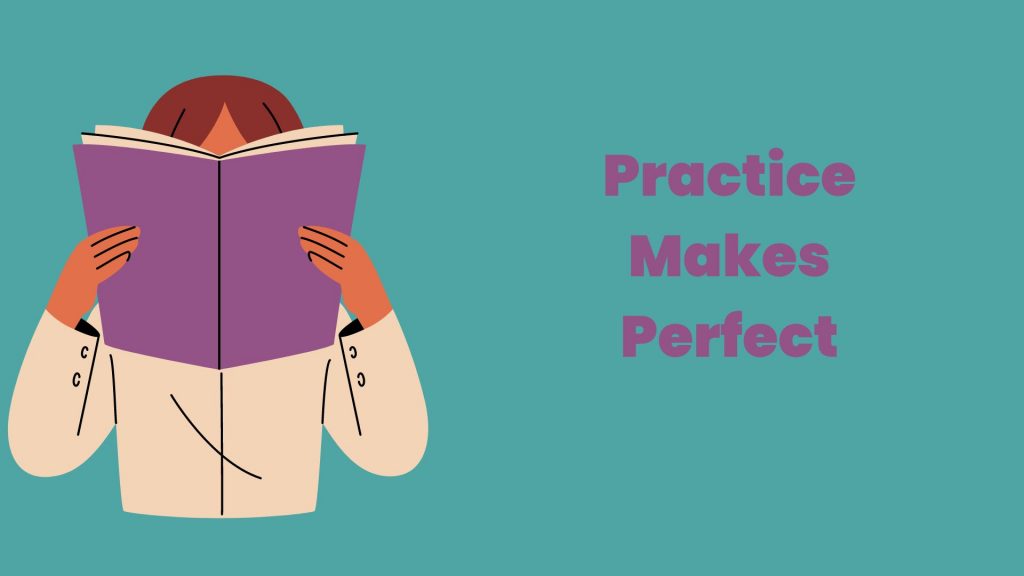Job interviews huh who doesn’t love them?
As soon as you hear that alarming word ‘interview’, your heart feels like it’s dropped to the pit of your stomach, the butterflies come sweeping back and then your heart rate shoots up to the sky, well that’s how it works for me anyway! And I’m sure I’m not alone!
Flashbacks to the endless late nights of worrying, the dreaded walk up to the front door and of course all the preparation which will hopefully lead to the satisfying words “you’re hired” (We hope).

Now time for my simulated interview…..
I just remember waiting outside the room for the anticipated ‘you can come in’ – looking at my messy scrappy notes, my memory seemed to have just gone blank, but this wasn’t the first time, it seems to happen a lot. Maybe because I’m over thinking, maybe because there’s too many things going on in my head to actually process anything at all, you know the sort of thing, A levels, relevant experience, strengths and weaknesses. All I knew was that this was it, I needed to pull myself together and win the panel over!
The old memory loss always seems to creep up on us at the most convenient time (not). This dreaded occurrence can happen to the best of us, especially to those who loathe the interview process, how convenient you may say!
Stocco states “67% of employers suggest recent graduates need to improve their interview performance (Chronicle of Higher Education and Marketplace, 2013), suggesting there is a need to improve interview training at colleges” (496). Luckily for us, the work-based learning module provided us with an opportunity to practice the process of an interview! It allowed us to experience the stages of the process as well as gain feedback from colleagues on how we could improve in the real interview scenario going forward. Gorden states “Parker and Meeks have found that in learning guidance interviewing it is important for the learner not only to do interviews but also to analyze them” (3). Therefore, I will be reflecting and analysing my experience through this somewhat painful process using Gibbs’ Reflective Cycle. I say ‘somewhat’ because I recognise that it is useful, it has increased my confidence and knowledge of the preparation for going into the big wide world! So, it hasn’t really been all that bad!
Gibbs’ Reflective Cycle

Gary Busey
“Pray for the best, prepare for the worst, and expect the unexpected”
Fail to prepare, prepare to fail. Although this may come across as a negative quote, it is very often the result. So you just have to look on the bright side or maybe reinvent the phrase, ‘succeed to prepare, prepare to succeed’, now that sounds more like it.
As my dad always tells me ‘effort in, results out’. Now this really came into play throughout this whole process!!
Who doesn’t love a bit of pep talk to start us off!

Description – What happened?
When picking my way through the vast array of job opportunities, I thought to myself what would actually interest me? What am I immensely passionate about? Now it would have been very easy to select something that wouldn’t really challenge me within this process, but would it have been beneficial? This led me to choose the job of an underwater photographer in El Nino working for Underwater Pro. Binns states “you should be acutely aware of your experiences and how you plan to make them work for you before interviewing” (6). Thus, while scanning through the job application requirements, I noted down scenarios that I felt may be useful when asked questions. In order to be successful in the interview, I knew I needed to meet these requirements and if not directly, at least show my willingness to learn and adapt within my response to questions.
Feelings – what was I thinking and feeling?
Initially, I was TERRIFIED. I hate interviews. Anxiety and fear heightened, however remembering all the hard work and dedication that got me to this point eased my stress. In the moment, I could have thought of many other places I would have rather have been! However, it needed to be done, and like many things, once you start, your nerves calm down and they did.
First impressions are always key. Apparently, 40% of recruiters will not hire candidates who are not confident in themselves (Boskamp). Even though internally I thought I was going to have a panic attack, I tried to present myself as relaxed but not too laid back, friendly and bubbly but not too over the top and it proved a success. Showing confidence seems to be one of my positive attributes (even though I was bricking it!).
Evaluation – What was good and bad about the experience?
I knew the choice and structure of my answers would be crucial to being successful, that’s why I chose to follow the STAR technique.

This allowed me to construct a fully planned answer and battle through any questions that may be thrown my way. Although in many ways I found this useful, I sometimes struggled to think of an answer while processing this technique, because of the number of components (maybe that’s where my dyslexia kicks in!). This technique, however, was very beneficial as it allowed me to incorporate other non-academic scenarios. For example, one of my questions referred to how I’ve previously handled pressure independently and in a group situation. I was able to integrate my PADI underwater diving certificate that I gained when I was 13, as well as a young business enterprise I took part in during sixth form. This STAR technique allowed me to bring in other aspects and showcase an array of scenarios and accomplishments. An area for improvement mentioned by my colleagues was to answer the question directly. I have a tendency to drift away from the specific question asked and go off at a tangent. This can be problematic depending on how far I drift and whether I am able to bring myself back to the original question. However, I suppose knowing this upfront, allows me now to work on it as I head into the real world!
Analysis – What else can I make of this situation?
At the end of the day all experience matters. Life is full of good and bad experiences. You can choose whether to enjoy, learn from, or ignore the experience, it all counts towards something. In this instance, not only has it made me a more confident individual and positively added to my social skills, but I have also increased my knowledge of how to prepare for future job interviews.

This process has allowed me to prepare, make mistakes and discover areas I need to improve on. So, although this process was nerve-racking, the number of positive benefits that have arisen are vast and certainly outweigh the negatives.
Conclusion – What else could I have done?
On reflection my two weaknesses, if you like, are letting my nerves get the better of me! And sometimes drifting from the question stated. If you were to ask anyone, nerves are natural, they show you care and thus there isn’t a great deal you can do about it! I suppose like anything, practice makes perfect and the more interviews I attend, the more confident I will become and thus (fingers crossed) the nerves will ease. Answering the direct question on the other hand, now I can improve on that. I could have taken a few extra seconds to digest the question, broken it down in my head and then proceeded with my answer. If I wanted a bit more reassurance or time, I could have also asked them to repeat the question. Again, it will just take practice but at least I now know that I need to act upon it.

Action plan – If it arose again what would I do?
So, what’s next? I would tell myself, just breathe, take a few seconds to compose yourself. Make sure I do the same thing before each question because at the end of the day, it’s better to have a few extra seconds to answer the question directly than to burst out with a completely irrelevant answer. Thus, I would allow processing time and construct my answer to try to follow the STAR technique, allowing for a hopefully ‘perfect’ answer.
A phrase that pops into my head when thinking about what to say, is the famous phrase Dory says to Nemo in Finding Nemo, – “Just keep swimming’. Although I may sometimes feel like I have hit a brick wall or my nerves do start to kick in, I will tell myself to take a breath, remember why I am there, how much preparation I have carried out and just to keep on pushing through, because really what is the worst thing that could happen? You don’t get the job? Well, yes! But if the effort is there then the results should hopefully follow.
Work Cited
Binns, Erin. “Proper Preparation Turns Interviews into Job Offers.” Student Lawyer, vol.37, no.1, 2008, pp. 5-7.
Boskamp, Elsie. “40 Important job interview statistics (2023): How many interviews before job offer.” Zippla, Jun, 21, 2023. https://www.zippia.com/advice/job-interview-statistics/ (Date accessed 29th February 2024)
Busey, Gary. Short Inspirational post. 13th April 2013. https://www.facebook.com/garybusey/posts/238965152909250/ (Date accessed 27th February 2024)
Canva images. Perkins, Melanie and Obrecht, Cliff. 2012.
DeGeneres, Ellen, performer. Finding Nemo. Pixar Animation Studios, 2003.
“Gibbs’ Reflective Cycle.” The University of Edinburgh. https://www.ed.ac.uk/reflection/reflectors-toolkit/reflecting-on-experience/gibbs-reflective-cycle. (Date accessed 3rd March 2024)
Gorden L, Raymond. Basic Interview Skills. Waveland Press, 1988.
Hundal, Surinder. “The value of reflective practice for partnership brokers.” The Journal of partnership brokering, no.6, 2016. https://partnershipbrokers.org/w/journal/the-value-of-reflective-practice-for-partnership-brokers/ (Date accessed 3rd March 2024)
Simpson, Mike. “How to Master the STAR Method For Interview Questions.” The Interview Guys, 2022. https://theinterviewguys.com/star-method/ (Date accessed 29th February 2024)
Star Interview Technique image. 4dayweek.oi https://4dayweek.io/interview-process/stripe-software-engineer (Date accessed 3rd March 2024)
Stocco, Corey. “Improving the interview skills of college students using behavioural skills training.” Journal of Applied Behaviour Analysis, vol.50, no.3, 2017, pp.495-510.